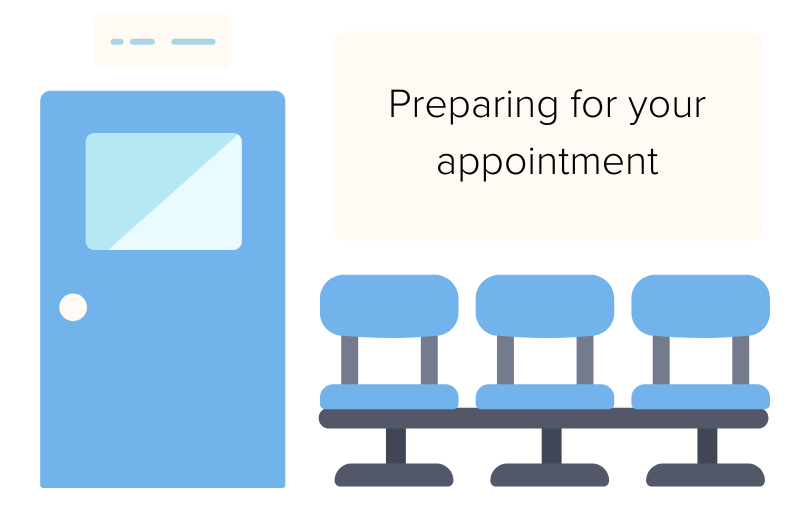
Your Baby's Immunisations
Why are baby Immunisations important?
Vaccines teach your immune system how to create antibodies that protect you from diseases.
Immunity is the body's way of preventing disease. Because a baby's immune system is not fully developed at birth, babies face a greater risk of becoming infected and getting seriously ill.
It's much safer for your immune system to learn this through vaccination than by catching the diseases and treating them. Once your immune system knows how to fight a disease, it can often protect you for many years.
NHS vaccinations and when your baby should have them
8 weeks
| 12 weeks
|
16 weeks
| 1 year
|
Click here for more information on your baby's immunisations

How to book your baby's immunisations
You'll usually be contacted by your GP surgery when your child is due for a routine vaccination. This could be a letter, text, phone call or email. If you know your child is due for a vaccination, you can speak to your GP surgery to book the appointment.
You do not need to wait to hear from them.
Preparing for your appointment
Preparing for your newborn's vaccination appointment is essential. Dress them in comfortable, easy-to-change clothes. Bring along a favourite blanket or toy for comfort. And remember to arrive early to avoid stress and ensure a smooth experience.
The NHS have a great list of do's and don't to help you and your child prepare for your vaccination appointment, click here for more information.